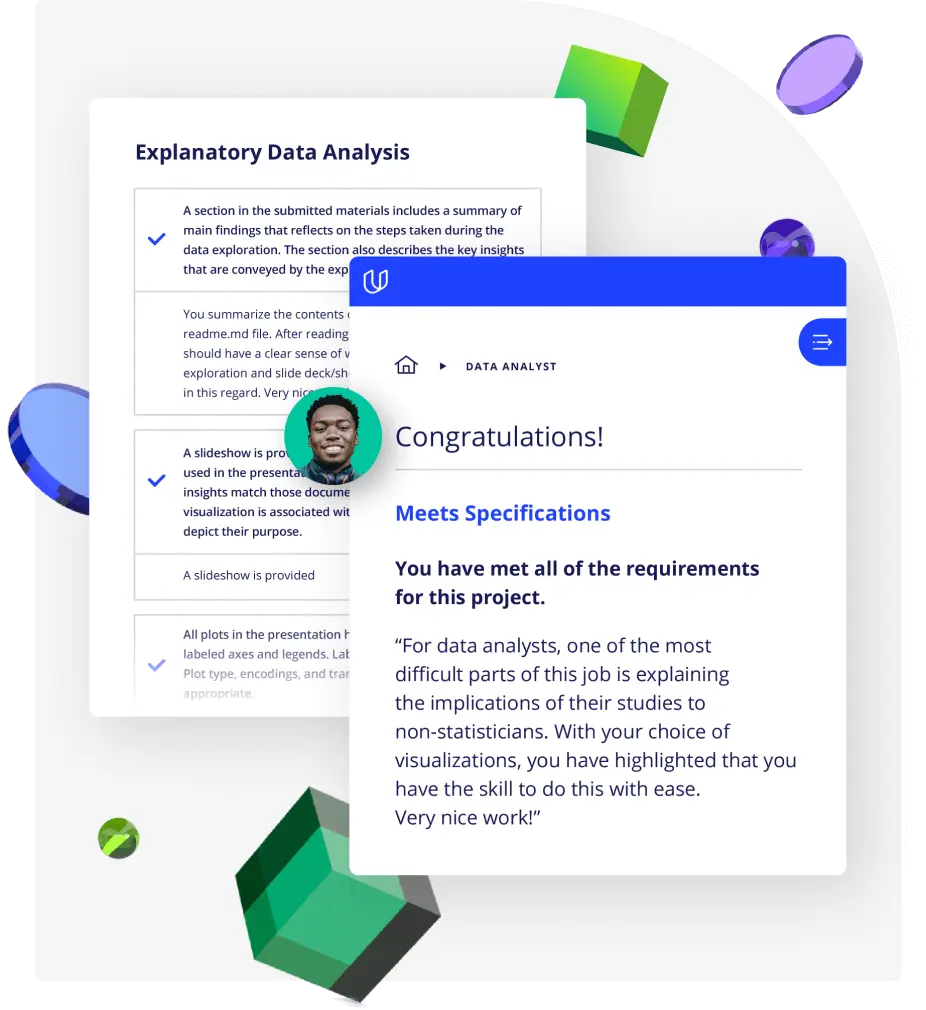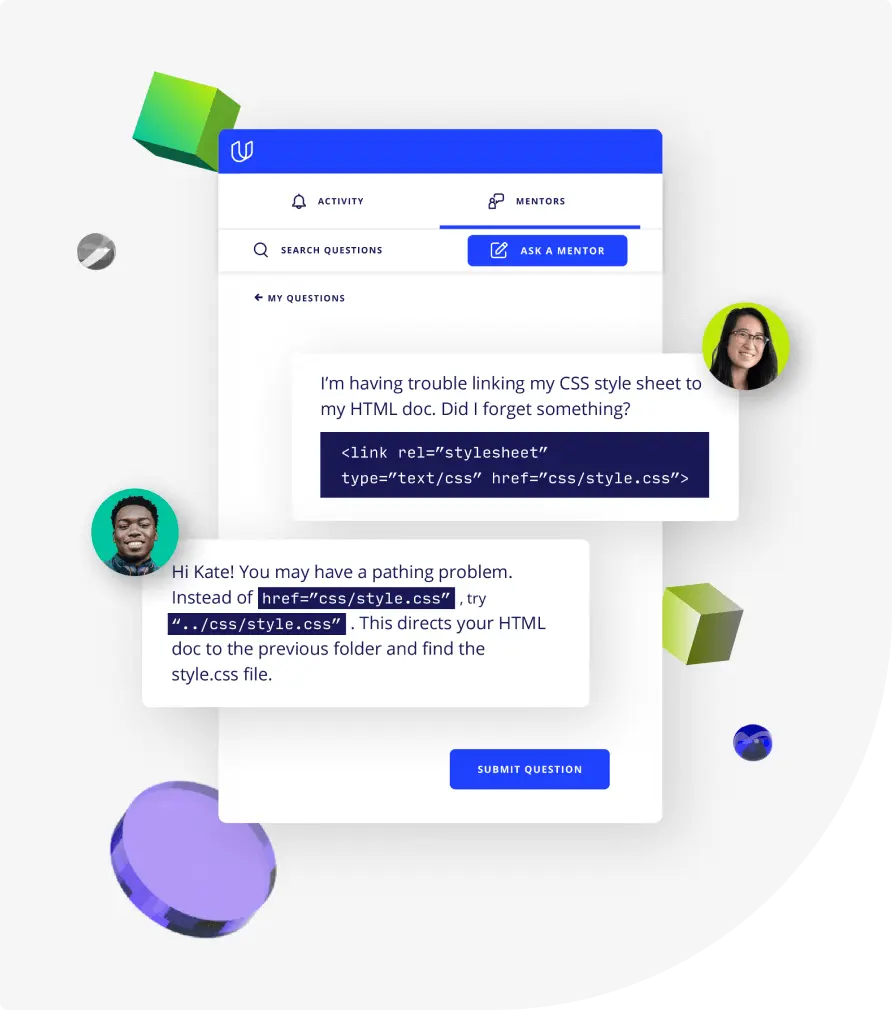Lesson 1
Introducing Differential Privacy
In this lesson, you'll learn about the basics of differential privacy, a method for measuring how operations impact the privacy of data.

Course
Learn three cutting-edge technologies for privacy-preserving AI: Federated Learning, Differential Privacy, and Encrypted Computation.
Learn three cutting-edge technologies for privacy-preserving AI: Federated Learning, Differential Privacy, and Encrypted Computation.
Last Updated June 22, 2023
Prerequisites:
No experience required
Lesson 1
In this lesson, you'll learn about the basics of differential privacy, a method for measuring how operations impact the privacy of data.
Lesson 2
In this lesson, you'll implement differential privacy in Python.
Lesson 3
Learn how to apply differential privacy to arbitrary algorithms by adding noise to the outputs.
Lesson 4
Learn how we can apply differential privacy to deep neural networks.
Lesson 5
Learn about federated learning, a method for preserving data privacy by training models where the data lives.
Lesson 6
Secure models trained using federated learning with multi-party computation.
Lesson 7
Learn how to perform encrypted computation. Build an encrypted database, and generate an encrypted prediction with an encrypted neural network on an encrypted dataset.

Leader of OpenMined, Research Scientist at DeepMind Oxford, PhD Student
Combine technology training for employees with industry experts, mentors, and projects, for critical thinking that pushes innovation. Our proven upskilling system goes after success—relentlessly.

Demonstrate proficiency with practical projects
Projects are based on real-world scenarios and challenges, allowing you to apply the skills you learn to practical situations, while giving you real hands-on experience.
Gain proven experience
Retain knowledge longer
Apply new skills immediately

Top-tier services to ensure learner success
Reviewers provide timely and constructive feedback on your project submissions, highlighting areas of improvement and offering practical tips to enhance your work.
Get help from subject matter experts
Learn industry best practices
Gain valuable insights and improve your skills
4 weeks
, Beginner
4 weeks
, Intermediate
3 days
, Intermediate
4 weeks
, Beginner
3 hours
, Beginner
4 weeks
, Intermediate
3 weeks
, Intermediate
23 hours
4 weeks
, Intermediate
(909)
4 months
, Intermediate
4 weeks
, Intermediate
Intermediate